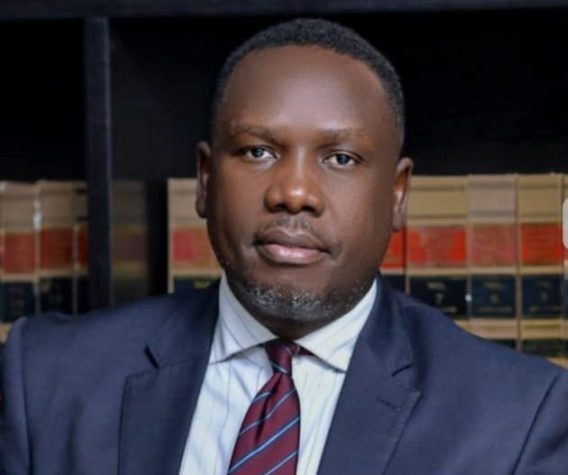- Aide to Atiku Abubakar raises concerns about the investigative background of EFCC Chairman, Ola Olukoyede, for the top anti-corruption role
- The debate underscores the discussion on qualifications and criteria for leadership roles in Nigeria’s law enforcement and anti-corruption agencies
Daniel Bwala, a lawyer and aide to Atiku Abubakar, the presidential candidate of the Peoples Democratic Party (PDP) in the 2023 general elections, has raised concerns about the Chairman of the Economic and Financial Crimes Commission (EFCC), Mr. Ola Olukoyede, alleging that Olukoyede has never conducted an investigation due to his lack of an investigative background.
In an interview on Channels TV, Bwala discussed the prerequisites for the position of the EFCC Chairman, emphasizing the need for an individual with experience in law enforcement or security.
Bwala asserted, “This is the point; there is a baseline. The baseline is that the person must come from a security or law enforcement agency of the government, with the reference being the government, not the private sector.”
He clarified that “security” includes agencies covered by the National Security Agency Act, such as DIA, NIA, and SSS. Law enforcement encompasses organizations like the EFCC, the police, the NSCDC, and others. Bwala questioned Olukoyede’s qualifications, noting that he did not possess the authority to carry a firearm and had never conducted a single investigation since he did not join as an operative.
However, Monday Ubani, a former Chairman of the Section of Public Interest and Development Law (SPIDEL) of the Nigerian Bar Association, countered Bwala’s argument. Ubani insisted that Olukoyede had the necessary experience and qualifications for the position.
Ubani pointed out, “A lawyer with 22 years of experience and having worked for five or six years in a law enforcement agency has accumulated the ‘cognate experience’ we are discussing, as the Act itself was not specific. Examining it closely doesn’t stipulate that one must continually serve in a security agency. The man is qualified,” Ubani stated.
This debate highlights the ongoing discussion about the qualifications and criteria for individuals holding prominent positions in Nigeria’s law enforcement and anti-corruption agencies.
